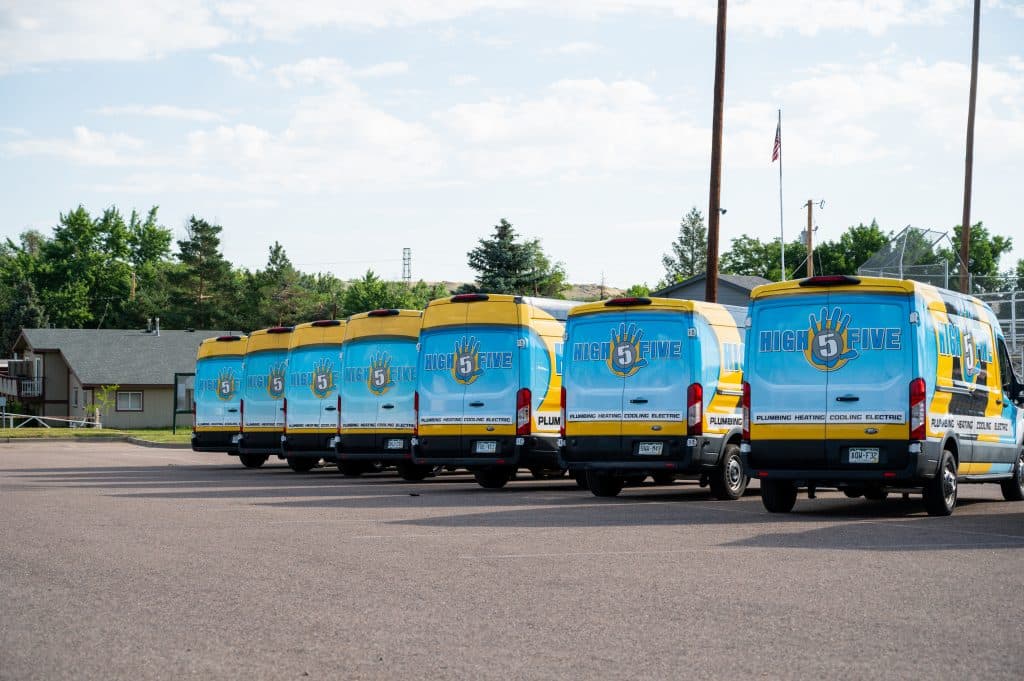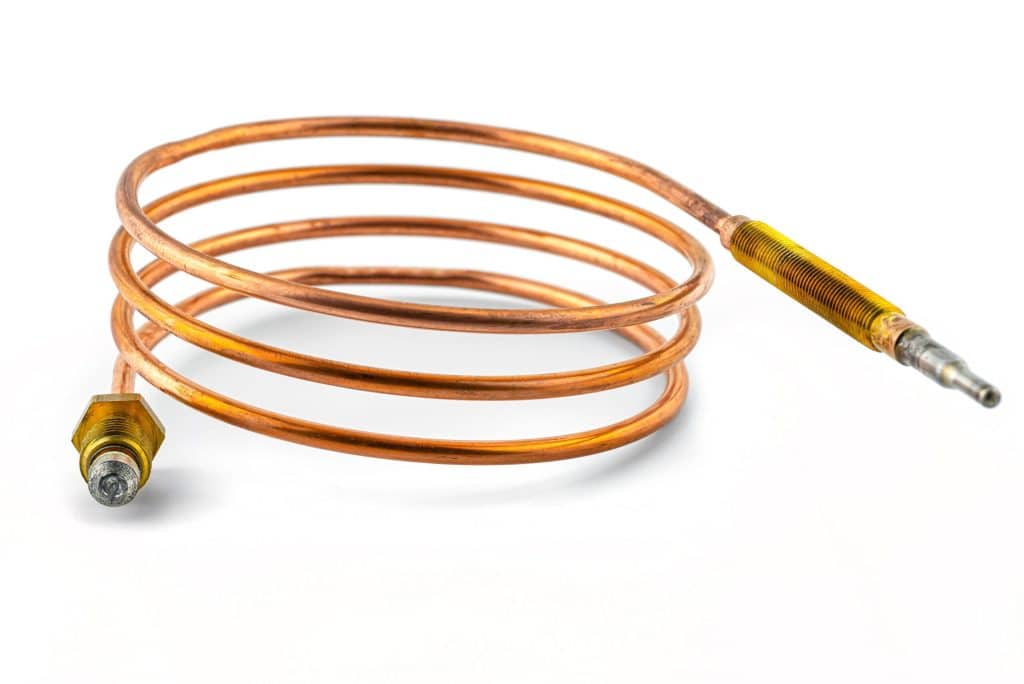Your water heater relies on a component called the thermocouple to detect whether the pilot light is lit, preventing dangerous combustion gases from building up inside your home. If the thermocouple begins to fail, it can stop your water heater from functioning correctly and increase the risk of gas leaks or explosions. Knowing the signs of a bad thermocouple, such as a lack of hot water, gas odors, and a pilot light that won’t stay lit, helps you address the issue promptly to keep your household safe.
What is a Thermocouple on a Water Heater?
The thermocouple is a key safety component of your water heater that monitors the pilot light and shuts off the gas supply if the flame goes out, preventing gas leaks and potential explosions. It features two dissimilar metals that join at one end, creating an electrical current when heated. If the pilot light goes out, the current stops and signals the thermocouple to close the gas valve.
Common Signs of a Bad Thermocouple
A failing or malfunctioning thermocouple is a serious risk to your household, potentially allowing gas to leak into your home. Knowing the signs of a faulty thermocouple helps you get ahead of the issue and call a professional for immediate repair.
Some of the top warning signs to look out for include:
- Pilot light problems: If the pilot light frequently goes out or won’t stay lit, a faulty thermocouple may be failing to detect the flame and shutting off the gas supply.
- Weak or yellow flame: The pilot light should be strong and blue. If it’s weak, yellow, or flickering, there’s likely a problem with the thermocouple.
- No hot water: A failing thermocouple can prevent your water heater burner from igniting, leaving you without hot water.
- Gas smells: A strong or persistent gas smell throughout your house may be a sign of a potentially dangerous gas leak due to a failing thermocouple.
Visible corrosion or damage: Rust, soot buildup, or visible damage on the thermocouple keeps it from operating correctly.
If you notice a gas odor throughout your home, contact emergency services immediately. Gas leaks pose a serious threat to your health and safety, putting your household at risk of fire, explosion, and carbon monoxide poisoning.
Pilot Light Troubleshooting
If a faulty thermocouple is preventing your pilot light from staying lit, there are a few troubleshooting steps you can take before calling for professional help. Begin by checking that the gas supply valve is open and try relighting the pilot light according to the manufacturer’s instructions.
If the pilot light ignites, check that the thermocouple tip is correctly positioned in the centre of the flame. If it’s misaligned, turn off the flame and adjust it to the correct position. You can also try cleaning the thermocouple with light sandpaper to remove dirt or debris that may be preventing it from detecting the flame. If the pilot light still won’t stay lit, contact a trusted water heater repair company near you for service.
Gas Flow Interruptions
When the pilot light is lit, the thermocouple generates a small voltage, which keeps the gas valve open to allow gas flow to the main burner. If the thermocouple fails, it can’t create enough voltage, causing the gas valve to close and shutting off the supply.
While a normally operating thermocouple does this to prevent gas leaks, a malfunctioning thermocouple can cause frequent or recurring interruptions in gas flow. Without gas, your water heater can’t operate properly, resulting in inconsistent heating or limited hot water.
Water Heater Shutdowns
A failing thermocouple will often cause your water heater to shut down completely. If the thermocouple detects that the pilot light is out, it will shut off the system until a flame is detected. While this is a helpful feature when operating normally, it can leave you without hot water if your thermocouple is malfunctioning.
If your water heater is constantly shutting down, even though all other components appear to be functioning normally, contact a water heater repair specialist for an inspection. They’ll assess your system and replace the thermocouple to get hot water flowing again.
Preventative Maintenance Tips
Routine maintenance helps keep your thermocouple functioning correctly, preventing disruptions in your water heater’s operation. Every year, schedule a professional tune-up to have a certified technician inspect and clean the thermocouple, check gas connections, and make sure all parts are functioning correctly. If they detect any problems, they’ll quickly repair them to prevent unexpected shutdowns, gas flow interruptions, or safety hazards.
In addition to professional maintenance, there are a few steps you can take at home to keep the thermocouple functioning correctly:
- Clean the thermocouple tip every couple of weeks with a dollar bill or fine sandpaper to remove soot and oxidation
- Keep the area around the water heater clear to allow for proper ventilation.
- Inspect and clean the pilot light every couple of months to keep it burning steadily.
- Check for signs of corrosion or damage on the thermocouple and contact High 5 for prompt repairs if you discover any issues.
- Test your water heater monthly by checking that the pilot light remains lit and the burner ignites.
Having Issues With Your Pilot Light and Suspect a Bad Thermocouple? Contact the Team of Plumbers at High 5.
If a faulty thermocouple is keeping your showers cold, don’t hesitate to contact the team at High 5 Plumbing, Heating, Cooling, and Electric. Our expert plumbers offer comprehensive water heater repairs, maintenance, and replacements that keep your system running smoothly. We’ll quickly diagnose the underlying problem and recommend the most effective solution to get your water heater up and running again. You’ll receive an up-front quote, affordable pricing, and support from a dedicated team of plumbing experts.
Call us or book online to schedule your service today! We proudly offer plumbing services to residents throughout the Greater Denver Metropolitan Area.


